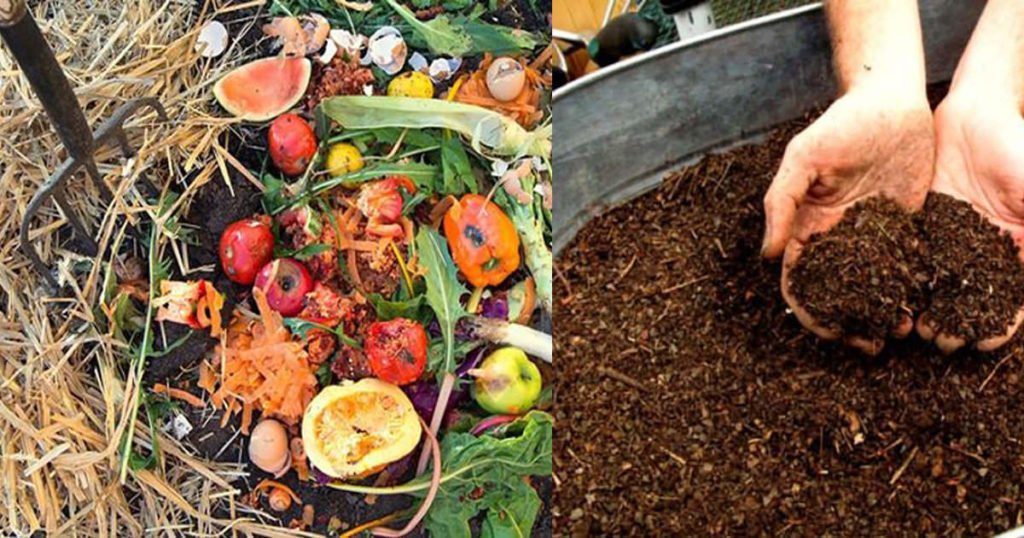The meaning of “Organic”
Organic food is produced by farmers who protect the environment for future generations by conserving soil and protecting water sources. These crops are grown, handled and processed without synthetic fertilizers, pesticides or herbicides; artificial ingredients or preservatives. If the product is labeled”100 percent organic” it doesn’t contain genetically engineered ingredients.

Meat, poultry, eggs, and dairy products are labeled as Organic when they come from animals that have not been given any antibiotics or growth hormones.

Organically grown foods have about one-third of the residues of conventionally grown foods. The levels of pesticides are much lower in these foods as compared to conventional foods available.
Is Organic Food Really Nutritious?
Many pesticides are carcinogenic. Some contaminants in commercial pesticide formulations also pose a carcinogenic risk. Eating organic food can be a precautionary approach to reduce pesticide exposure.
Foods grown in rich organic soil have a higher nutrient profile than one jacked up on chemical fertilizers and pesticides. Natural food is the best food for you. Satisfies your palette, reduces your stress, and enhances your lifestyle. Don’t eat chemistry books, rather go for something which lets you stay the way you are.
The label “Certified Organic” is not a nutrition claim. Organic chickens can be contaminated with Salmonella and other foodborne pathogens, just like conventional chickens. Nor is it safer to eat raw organic eggs than raw conventional eggs.
Things that can be changed to compost

Kitchen scraps such as raw fruits, vegetables, eggshells, coffee grounds & the filter, newspaper, non-glossy cardboard, paper towels, leaves(brown for carbon and green for nitrogen-rich) plant and flower clippings, and yard waste.
Environmental benefits are more established. Agriculture that relies on organic methods helps prevent soil erosion, protects groundwater, and preserves wildlife.
What’s best to buy?
Foods that you should preferably buy organic due to the high amount of pesticides residue are
Fruits: Apples, Grapes, Strawberries, Peaches, Pears, Nectarines.
Vegetables: Spinach, Bell peppers, Cucumber, Celery, Kale, Green beans, Potatoes
Non-Veg: Consider organic meat. Animals actually accumulate more residues, especially in their fat. So prefer organic meat.
Save money with non-organic low-residue foods which include asparagus, avocados, bananas, broccoli, cauliflower, sweet corn, mangoes, onions, papaya, pineapple, and sweet peas.
The Bottom Line
Modern agricultural methods and our liberal use of pesticides will upset the ecological balance and create major problems. For example, the decimation of bird populations led to the banning of DDT. Research says that there is a link between pesticide use and cancer risk. Opt for organic alternatives whenever possible due to the increasing availability of organic foods.
Read also – The Science, the Belief and the Fad behind Fasting







